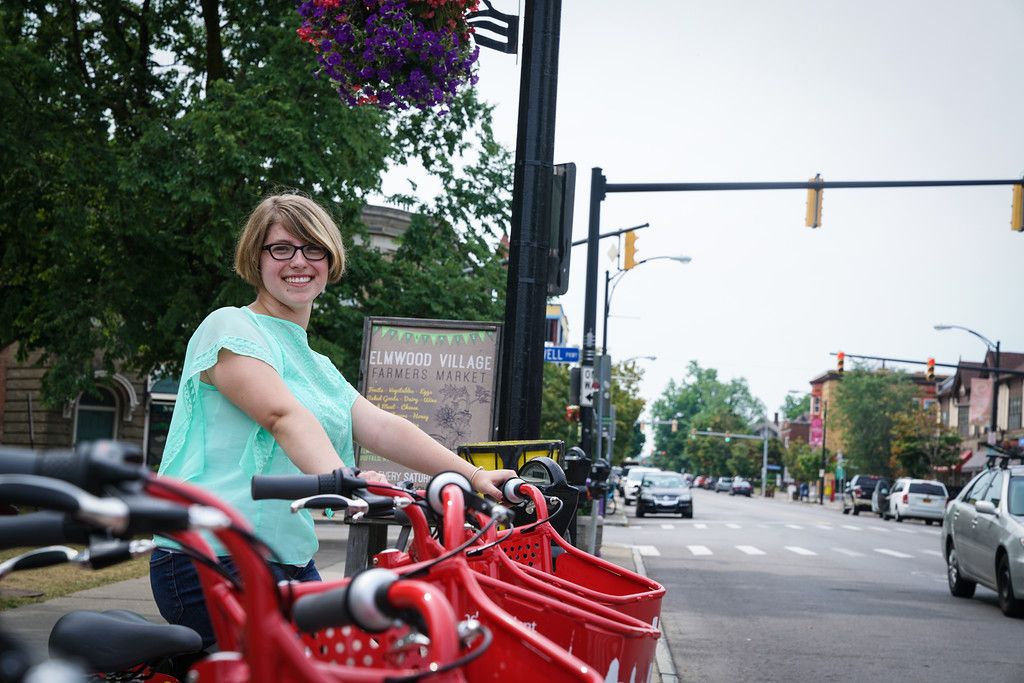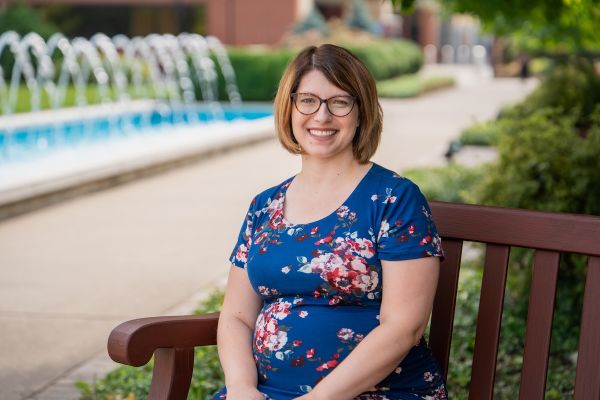The silent side effect of being a young adult cancer survivor

Regularly going out on the town, especially in the summer, seems to paint the picture for the ideal young adult lifestyle. When your friends spend Friday nights with two-for-one margaritas while you stay home and binge-watch Netflix with a sparkling water and bowl of popcorn, there’s always a chance FOMO will creep in to riddle your cozy evening with anxiety.
FOMO, the abbreviated slang meaning “fear of missing out,” is a huge mental and emotional side effect of being a young adult cancer survivor and represents just a sliver of the unique challenges we have to face during and well after the fight of our lives. Because treatment periods can extend for years, there’s really no textbook way of how to cope with being left behind while all of your peers, seemingly, go on to lead fabulously uninterrupted lives.
The specifics are different for everyone depending on when they are diagnosed and how much time has to be devoted solely to their health. For me, I had a pre-existing case of FOMO from the moment of diagnosis. I was living in New York City in the spring after I graduated college one semester early, and despite having a perfect roommate and amazing job, I found myself shedding tears for all of the bar nights and final memories all of my friends were making without me.
If you factor in having to leave the city the next month and be out of full-time work for half of the next year, the FOMO gets exponentially worse. Even though your only concern should be keeping yourself healthy and focusing on fighting cancer, living in the age where nothing’s real until it’s “Facebook Official” can make it insanely difficult to cope with your everyday reality.
Friends and acquaintances all seem to be moving to bigger and better jobs in great cities, getting engaged or throwing Pinterest-worthy weddings all while you’re stuck in your childhood bedroom with a bowl of animal crackers and a protein powder smoothie because that’s all you could eat that day.
Mind you, nothing is wrong with twenty-somethings sharing their joyful moments on social media, but there is no handbook or even listicle to help out the 21-year-old who has too big of a gap on her resume to feel confident about finding a full-time job and couldn’t be farther removed from most of her friends. With so much pressure put on the millennial generation to be successful and “have it all” quicker than ever, getting plucked out of grad school or opportunistic internships just because (to put it lightly) “you’re sick,” is the stuff of nightmares.
Even after treatment is over and your appointments become less and less frequent, you don’t get an automatic Pass Go and Collect $200 card when you attempt to resume “normal” life. There’s no cure for how it feels to know you can’t ever catch up to peers who now have one year’s experience in the real world while all you learned was how to efficiently prep for a colonoscopy and prepare for what happens when you try to go to Canada with radioisotopes and without a doctor’s note.
I wish I had one-size-fits-all advice for people dealing with FOMO, but there are days when I'm still dealing with it myself. If you’re having a bad day, just allow yourself to feel whatever feelings you need to, whether it’s crying, being angry or having a little pity party. It really helps to acknowledge that your feelings are valid, and once you accept that, take a deep breath, hold your head high and look forward, even if it’s just to another bowl of jello and episode of “Stranger Things.”
Interested in being featured on Cancer Talk? We would love to hear from you! Help us give strength to other young adult patients, survivors, caregivers, family and friends by sharing your personal story.
Editor’s Note: Cancer patient outcomes and experiences may vary, even for those with the same type of cancer. An individual patient’s story should not be used as a prediction of how another patient will respond to treatment. Roswell Park is transparent about the survival rates of our patients as compared to national standards, and provides this information, when available, within the cancer type sections of this website.


